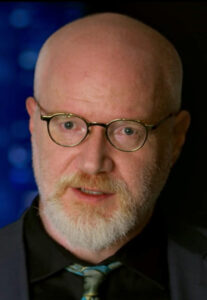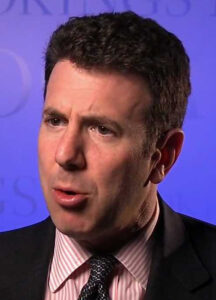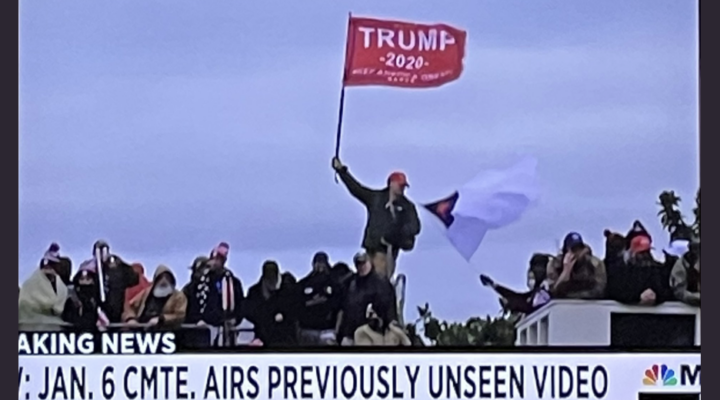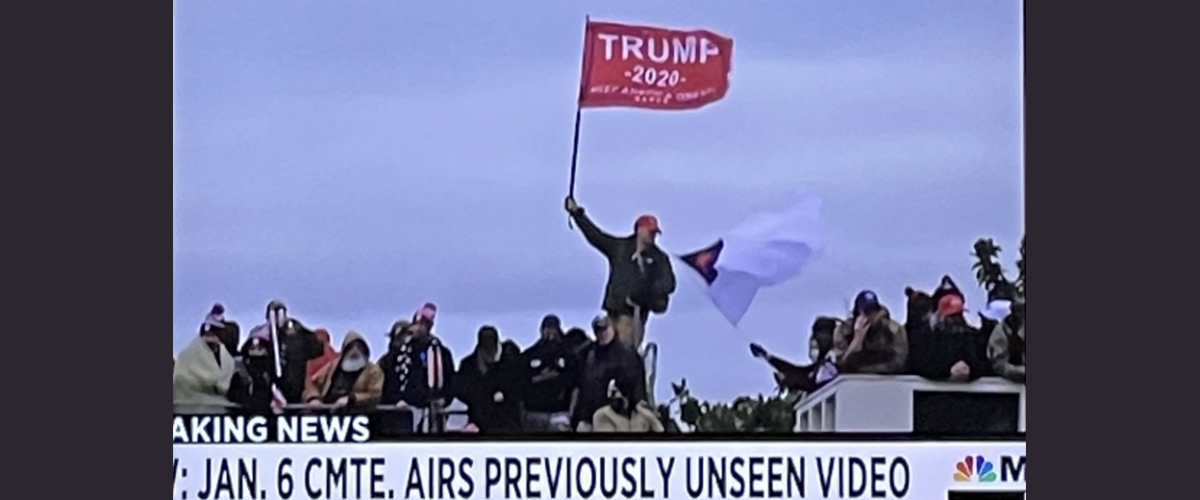The prevalence of social media and support from right-wing politicians have enabled white supremacist, anti-government and other domestic extremist groups to become much greater threats to American security than foreign terrorist movements ever have been, according to a panel of security experts.
âThe threat presented by jihadist extremism is always going to be infitesimally small compared to the threat presented by white nationalist extremism in this country where you have a much, much bigger pool of potential adherents. And when that giant mass of people starts to mobilize, then youâre starting to deal with a complicated problem,â said J.M. Berger, an extremism expert, author and research fellow at VOX-Pol. He spoke during a June 10 Brookings Institution webinar.

J.M. Berger
While American extremist groups often are at odds with each other and lack coherent vision and coordination, they are benefitting from social media use and from increasing mainstream political support from Republican politicians and candidates, panelists said.
âWhat they have right now ⊠is a mainstream figure â Donald Trump â who is willing to elevate these concepts, these arguments and is careless, or careful enough, with his language that he can mobilize a lot of people who have a lot of different views in the same direction of nativism and hate and fearmongering. You canât underestimate the power of a charismatic leader in this context,â Berger said.
He was joined on the panel by Heidi Beirich, chief strategy officer and co-founder of the Global Project Against Hate and Extremism, and Daniel Byman, senior fellow at the Brookings Center for Middle East Policy. Vanda Felbab-Brown, senior fellow and director of the Initiative on Nonstate Armed Actors for Brookings, moderated the event.
Byman noted that âendless conspiracy theoriesâ around race and national identity are nothing new in the U.S. or worldwide.
âWhat weâre seeing is what people are calling the âgreat replacement,â a set of ideas ⊠about the white community being replaced by immigrants and others. There is a whole range of variations about birth rates, about deliberate intermarriage, or the problem with the gay community that is decreasing white birth rates, on and on and on,â he said. âThe specifics are all variations on old themes that the white race is under attack, and you can find echoes going back decades and centuries.â

Daniel Byman
Although ancient, these notions are now spreading wider and faster than ever before and, thanks to social media, can be seen inspiring high-visibility acts of violence such as the May 14 shooting in Buffalo, N.Y., which mostly targeted Black shoppers, the 2019 El Paso, Texas, Walmart shooting that targeted Hispanics, as well as numerous synagogue and mosque shootings in the U.S. and around the world, he said.
âWhat has changed, though, is there is more connectivity due to social media. You see ideas that are ricocheting around the world from Europe to the United States to New Zealand and show up in numerous different contexts. And social media is providing a lot of interaction.â
But Byman said his main concern isnât the violence of individual and uncoordinated acts of violence but âthe overlap with politics. We see in the United States, for example, real concern about demographic change. There is a strong sense of white grievance, that itâs a very difficult place to be a white man. There is a tremendous concern over immigration. There is tremendous bias and hatred toward immigrants.â
That context creates an environment in which âright-wing ideas flourish and nurture things like white supremacy,â he added. âThis is the kind of thing that can shape politics and can shape the lives of millions or even hundreds of millions of people.â
Plenty of evidence exists globally that those detrimental changes already have been happening, Beirich said.
âWe have now, through the actions of Trump and other far-right populist leaders in other countries, activated these disengaged, disparate movements, into politics.â
âWe have now, through the actions of Trump and other far-right populist leaders in other countries, activated these disengaged, disparate movements, into politics. And they all agree â and we can thank social media for spreading things â that they face the same kind of threat, which is a threat of demographic change thatâs going to displace them from their place of pride and displace white people. And as a result of that, they are being activated into politics in some cases, as in Hungary, where an entire regime has arisen that has targeted populations like immigrants, the LGBTQ community, women and literally undone the kinds of civil rights and other liberal protections that were put in place after the fall of communism.â

Heidi Beirich
While stripping those populations of their rights, authoritarian leaders like Viktor OrbĂĄn in Hungary and Jair Bolsonaro in Brazil are elevating extremist elements in their societies to solidify their own power as heads of state, she said.
âThe biggest threat we have today when it comes to these movements is the possibility of an illiberal society like that evolving here in the United States, the possibility of extremist groups having a huge impact on the elections coming up.â
In many cases, such negative transformation may occur from the inside-out with conspiracy theorists, anti-government extremists and white supremacists â if their political candidates win elections, Beirich said.
âWe have people running for office who are members of groups like the Proud Boys and others. We have many, many people who are running for office on the conservative side who are using the âgreat replacementâ language that we saw from the Buffalo shooter and the El Paso shooter. That shift in politics is related to this invasion of these extremist ideas into the mainstream and the way that Donald Trump activated people into the political system.â
Related articles:
The Great Replacement is a lie and not Christian, Southern Baptist pastor explains
On anniversary of El Paso massacre, leaders connect the bullets to beliefs of white supremacy
The Beloved Community and the heresy of white replacement: How âBeyoncĂ© Massâ gave me hope after the Buffalo massacre | Opinion by Robert P. Jones


